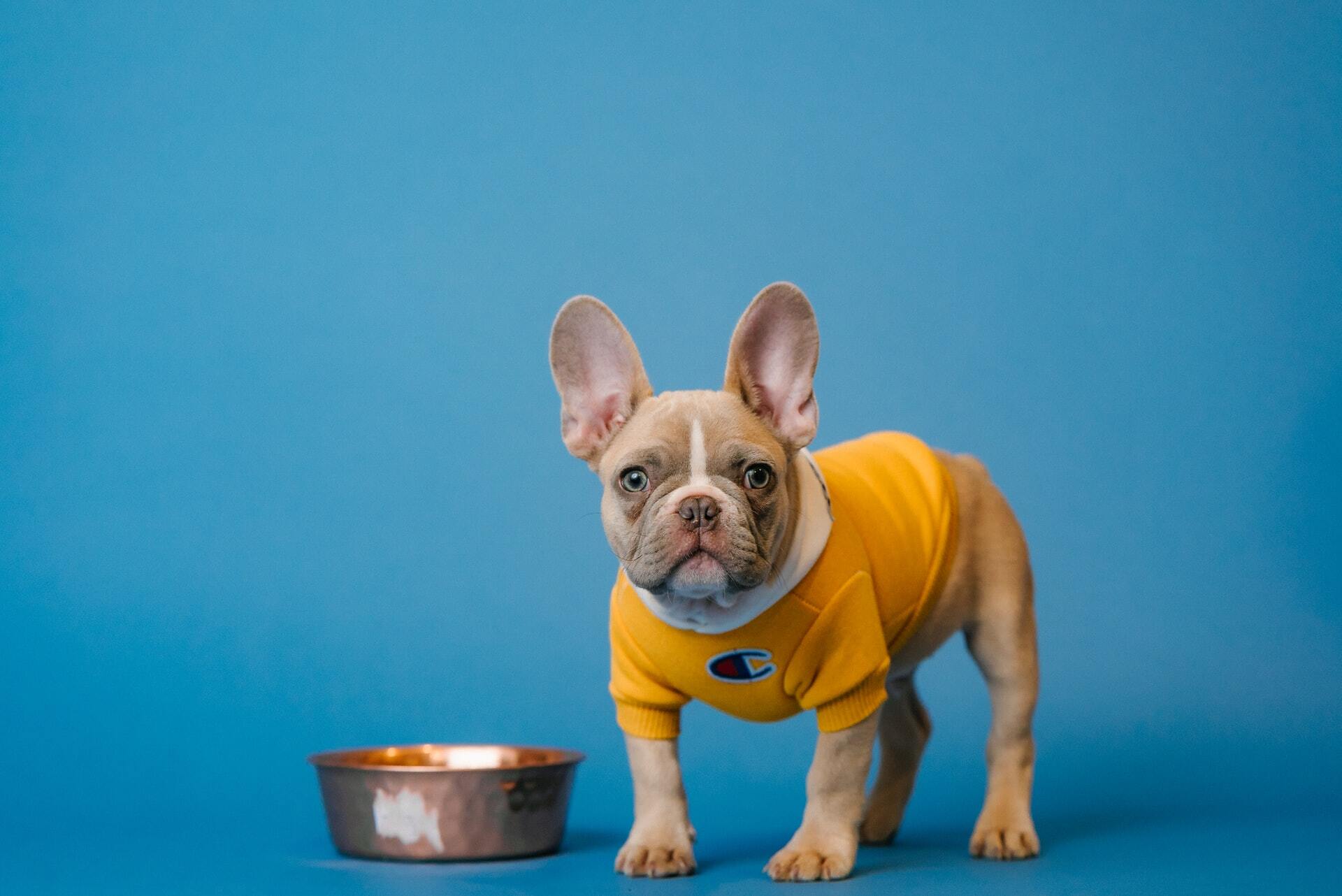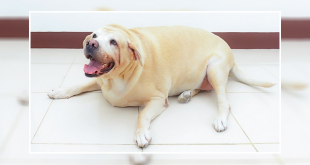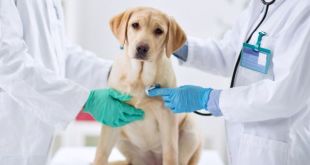Grain-free diets are everywhere in the pet food market! Both the big and small brands produce dog foods labeled “grain-free.” But what exactly are grain-free diets, and why are they so popular? Besides, are these diets safe for your dogs?
Here, you’ll find a guide that helps you decide whether a grain-free dog food is suitable for your canine.
What is grain-free dog food?
In the pet food industry, natural grain-free dog foods are basically dog foods manufactured without grains. When you check the ingredient list of regular grain-free dog food, it should contain ingredients such as potatoes, peas, sweet potatoes, quinoa, and lentils.
For instance, Castor & Pollux organic grain-free food uses ingredients such as organic sweet potatoes, organic potatoes, and organic chickpeas. Although these ingredients are grain substitutes, they are still sources of carbohydrates.
Why are grain-free diets so popular?
Grain-free pet food became increasingly popular after the pet food recall of 2007 following the death of several dogs. Although the melamine, not the grains in the dog foods, caused the problem, many companies started producing grain-free dog food in response. Grain-free foods are also popular dog treats that your four-legged friend will love.
What is the difference between grain food and regular?
Different dog food diets are available in the pet food market. Some of these diets are:
- Grain-free diets
- Grain-inclusive diets
- Raw meat-based diets
- Wet-food diets
- Dry food diets
For grain-based dog foods, the common ingredients used are corn, barley, wheat, soy, rice, oats, and rye. This is what makes them different from grain-free and raw meat diets.
Here is another interesting difference:
Unlike meat, grains lack taurine, an amino acid essential for good health in dogs. This occurs because taurine is only present in animal-based proteins.
But the truth is, most grain-inclusive dog dry foods usually contain both grains and animal protein to make up for taurine. For instance, Wellness Complete Health Dog Food contains oatmeal, barley, rice and lamb, and lamb meal. Additionally, some wet food diets contain not just meat but also vegetables, legumes, and grains.
Does grain-free dog food cause heart disease?
It’s all over the news! The recent controversy about grain-free food is that it might be associated with Dilated Cardiomyopathy or DCM. This health condition in pets is a disease that expands their heart, causing the muscles to thin out. Eventually, the heart becomes incapable of pumping blood effectively, and this could cause heart failure in dogs.
Hereditary is the most known cause of DCM. But in 2018, a possible connection between DCM and grain-free foods was officially discovered. In 90 percent of these cases, the dogs diagnosed with DCM were on grain-free diets.
In several cases, taurine deficiency appeared to be directly linked to DCM. Consequently, DCM has been associated with grain-free foods because they lack this particular amino acid.
Some breeds are more prone to DCM. Therefore, whether or not they will suffer from this disease depends on their taurine level and diet choice. For instance, studies have proved that for golden retrievers, a low-taurine level could cause DCM.
Should my dog switch to a grain-free diet?
Nutritional needs and your dog’s overall health determine whether your pet needs a grain-free diet. Here are some questions to ask before changing your pet’s diet to a grain-free diet:
1. Is your pet gluten-intolerant?
Gluten is also found in some but not all grains, such as wheat, rye, and barley. These grains are harmful to dogs with gluten intolerance or celiac disease. Therefore, they should avoid these grains. So, it’s usually safer to feed these dogs a grain-free diet.
2. Does your pet have grain allergies?
Additionally, it was discovered that dogs could suffer from grain allergies. As a result, most dog owners prefer meals that do not contain grains. However, some veterinarians confirmed that grain allergy is rare for canines.
3. What breed is your dog?
Some breeds are genetically vulnerable to DCM. Therefore, it is not safe to feed this diet to your pet. Some of these breeds are:
- Scottish Deerhound
- Doberman Pinscher
- Newfoundland
- Boxer
- Great Dane
- Irish Wolfhound
- Cocker Spaniel
Ask your vet
Before you make a major dietary change for your canine, it’s advisable to consult a veterinarian for professional guidance. Your vet will consider your pet’s history and health status to decide whether a grain-free diet is appropriate.
For instance, pets with low taurine levels should be fed meat-based diets instead of grain-free diets. Besides, some of these grain-free dog foods have a high carbohydrate content which is unhealthy for diabetic dogs.
Conclusion
Grain-free diets are losing popularity amongst pet parents in recent times because of their connection with DCM. However, there are no conclusive answers yet, and further research is underway.
To provide your pet with a balanced, complete diet, it’s crucial to follow AAFCO feeding guidelines. If you are unsure whether your dog food meets the standard, ask a vet for guidance.
 DogExpress
DogExpress


















 in Chandigarh, India.
in Chandigarh, India. 

